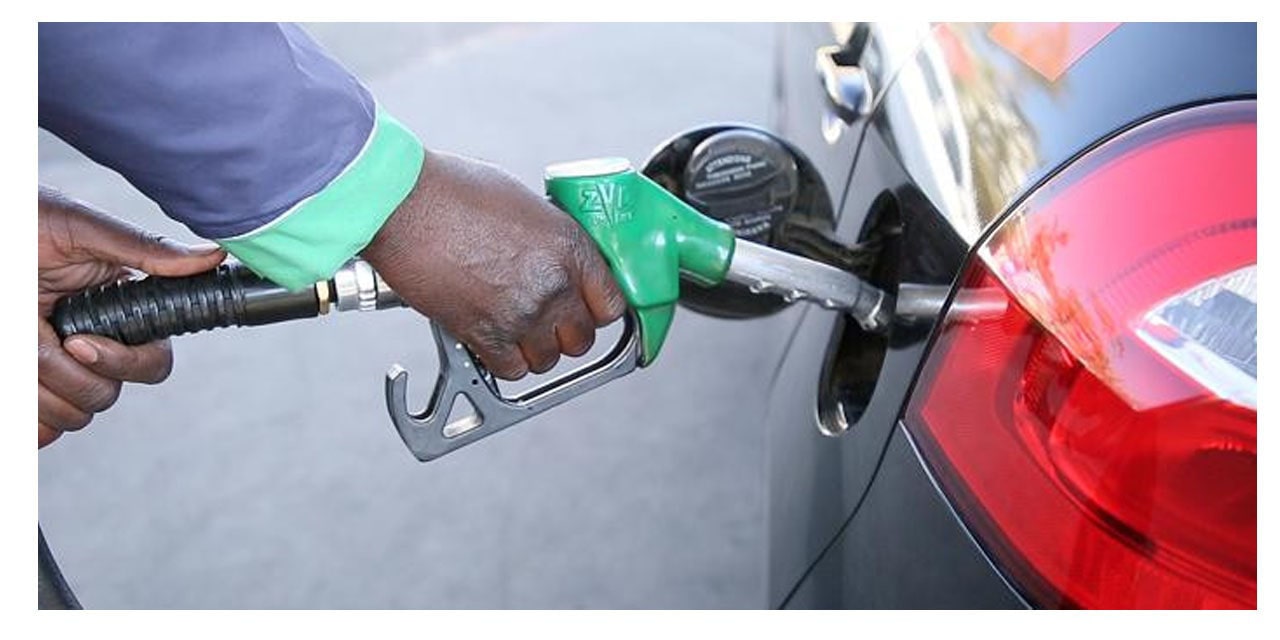Niël Terblanché
Fuel prices in Namibia will remain unchanged for the month of May.
The Ministry of Industries, Mines and Energy announced that the decision to keep prices at the same level as April comes despite a recent decline in global oil prices, as a weaker Namibian Dollar offset potential savings for consumers.
In a statement issued on Thursday, the ministry confirmed that domestic pump prices would hold steady following a review of global fuel market trends and input costs for April.
Petrol 95 will remain at N$20.08 per litre, while 50ppm diesel will continue to retail at N$20.62 per litre and 10ppm diesel at N$20.72 per litre in Walvis Bay.
According to the ministry, the average price of petrol 95 during April fell to US$77.524 per barrel, down by US$4.913 compared to March.
Diesel 50ppm and diesel 10ppm prices also recorded decreases of more than US$5 per barrel, averaging US$80.616 and US$80.746 respectively.
“Crude oil prices declined mainly due to increased global supply and weakened demand outlook,” the statement said.
The energy ministry attributed the price movement to expanded production by OPEC+ members and sustained output by non-OPEC producers, including the United States.
Global trade tensions and new tariffs were also cited as factors dampening demand.
The Ministry, however, pointed out that the depreciation of the Namibian Dollar, which weakened by 4.273% against the United States Dollar in April, eroded much of the potential benefit from lower crude oil prices.
During the month, the Namibian dollar averaged N$19.0329 against the greenback, making fuel imports more expensive.
Despite these pressures, the ministry’s fuel pricing model recorded over-recoveries of 13.357 cents per litre for petrol, 17.394 cents for 50ppm diesel, and 25.829 cents for 10ppm diesel.
“These figures allowed the government to absorb cost fluctuations and maintain current pump prices,” the statement said.
The energy ministry added that it is committed to monitoring international developments closely.
“The ministry will always effect timely adjustments of local fuel prices in response to international developments, ensuring fair pricing for consumers while maintaining sustainability of the fuel supply chain,” the statement said.




